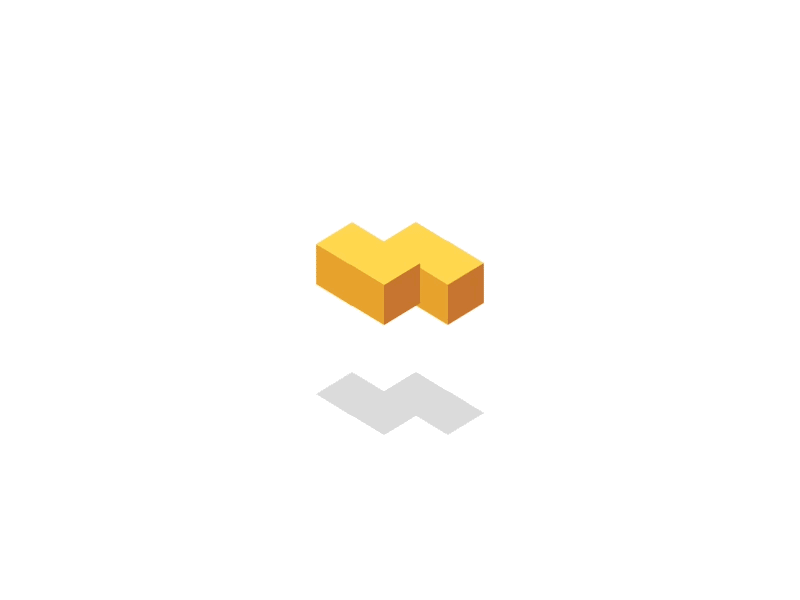循环 Java 的类属性?

问题说明
如何在java中动态循环类属性.
How can I loop over a class attributes in java dynamically.
例如:
public class MyClass{
private type1 att1;
private type2 att2;
...
public void function(){
for(var in MyClass.Attributes){
System.out.println(var.class);
}
}
}
这在 Java 中可行吗?
is this possible in Java?
正确答案
没有语言支持来完成您的要求.
There is no linguistic support to do what you're asking for.
您可以在运行时使用反射(例如使用 Class.getDeclaredFields() 获取Field),但取决于你想要做什么,这可能不是最好的解决方案.
You can reflectively access the members of a type at run-time using reflection (e.g. with Class.getDeclaredFields() to get an array of Field), but depending on what you're trying to do, this may not be the best solution.
这里有一个简单的例子,只展示了反射能够做的一些事情.
Here's a simple example to show only some of what reflection is capable of doing.
import java.lang.reflect.*;
public class DumpFields {
public static void main(String[] args) {
inspect(String.class);
}
static <T> void inspect(Class<T> klazz) {
Field[] fields = klazz.getDeclaredFields();
System.out.printf("%d fields:%n", fields.length);
for (Field field : fields) {
System.out.printf("%s %s %s%n",
Modifier.toString(field.getModifiers()),
field.getType().getSimpleName(),
field.getName()
);
}
}
}
上面的代码片段使用反射来检查class String 的所有声明字段;它产生以下输出:
The above snippet uses reflection to inspect all the declared fields of class String; it produces the following output:
7 fields:
private final char[] value
private final int offset
private final int count
private int hash
private static final long serialVersionUID
private static final ObjectStreamField[] serialPersistentFields
public static final Comparator CASE_INSENSITIVE_ORDER
Effective Java 2nd Edition,Item 53:首选接口而非反射
以下是本书的摘录:
Effective Java 2nd Edition, Item 53: Prefer interfaces to reflection
These are excerpts from the book:
给定一个 Class 对象,可以获取构造函数、方法和Field 实例表示类的构造函数、方法和字段.[它们] 让你反射性操纵它们的底层对应物.然而,这种力量是有代价的:
Given a
Classobject, you can obtainConstructor,Method, andFieldinstances representing the constructors, methods and fields of the class. [They] let you manipulate their underlying counterparts reflectively. This power, however, comes at a price:
- 您失去了编译时检查的所有好处.
- 执行反射访问所需的代码笨拙而冗长.
- 性能受到影响.
通常,在正常应用程序中,不应在运行时反射性地访问对象.
As a rule, objects should not be accessed reflectively in normal applications at runtime.
有一些复杂的应用程序需要反射.示例包括[...故意省略...]如果您对您的应用程序是否属于这些类别之一有任何疑问,它可能不属于.
There are a few sophisticated applications that require reflection. Examples include [...omitted on purpose...] If you have any doubts as to whether your application falls into one of these categories, it probably doesn't.
这篇好文章是转载于:学新通技术网
- 版权申明: 本站部分内容来自互联网,仅供学习及演示用,请勿用于商业和其他非法用途。如果侵犯了您的权益请与我们联系,请提供相关证据及您的身份证明,我们将在收到邮件后48小时内删除。
- 本站站名: 学新通技术网
- 本文地址: /reply/detail/tanhcfiecc
-

YouTube API 不能在 iOS (iPhone/iPad) 工作,但在桌面浏览器工作正常?
it1352 07-30 -

iPhone,一张图像叠加到另一张图像上以创建要保存的新图像?(水印)
it1352 07-17 -

保持在后台运行的 iPhone 应用程序完全可操作
it1352 07-25 -

使用 iPhone 进行移动设备管理
it1352 07-23 -

在android同时打开手电筒和前置摄像头
it1352 09-28 -

扫描 NFC 标签时是否可以启动应用程序?
it1352 08-02 -

检查邮件是否发送成功
it1352 07-25 -

Android微调工具-删除当前选择
it1352 06-20 -

希伯来语的空格句子标记化错误
it1352 06-22 -

Android App 和三星 Galaxy S4 不兼容
it1352 07-20


